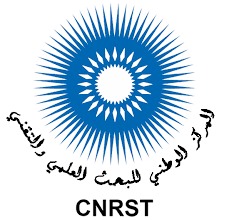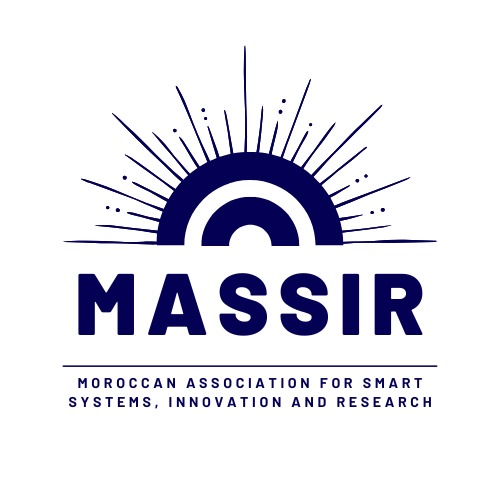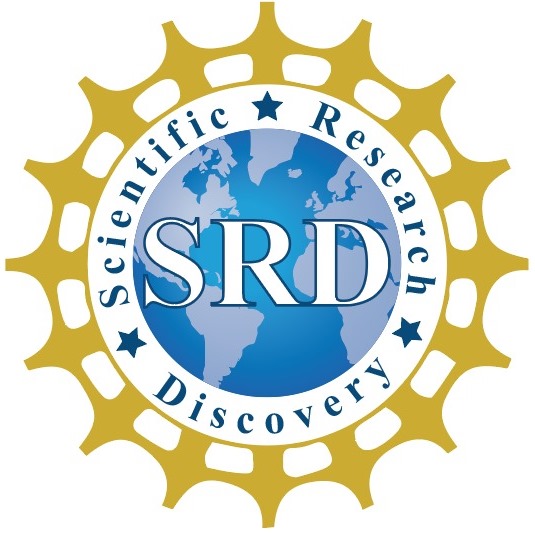Ethical Implications of ChatGPT: Unraveling the Ethical Challenges Surrounding an Emerging Technological Advancement
Published: March 29, 2024
55 views
34 downloads
Abstract
This study aims to analyze the ethical implications associated with ChatGPT, a state-of-the-art language model developed by OpenAI. The purpose is to identify and critically evaluate the potential ethical challenges posed by the increasing use of ChatGPT in various applications. Through a systematic literature review, existing research and academic discourse on the ethical implications of artificial intelligence (AI) and natural language processing (NLP) technologies, including ChatGPT, were examined. The study also analyzed relevant reports, articles, and case studies to explore the practical implications of ChatGPT's deployment. The findings highlight several concerning ethical implications associated with ChatGPT. Firstly, the issue of bias and discriminatory behavior exhibited by the system, given its training data biases and the lack of transparency in the underlying algorithms. Secondly, ChatGPT raises concerns regarding the responsibility and accountability of its developers and users, particularly in the context of malicious manipulation or unintended harm caused by the system. Lastly, privacy and security risks, such as unauthorized data access and potential misuse of personal information, emerged as significant concerns when deploying ChatGPT. This study contributes to the ongoing discussion on the ethical implications of AI and NLP technologies, specifically in the case of ChatGPT. By uncovering the ethical challenges associated with ChatGPT, it provides a comprehensive view of the specific issues that need to be addressed to ensure the responsible development and deployment of this emerging technological advancement. Additionally, this research highlights the need for further research and policy interventions aimed at minimizing the potential harmful consequences of ChatGPT's deployment while maximizing its positive impact on society.
Authors
Chamberlain TIONA NDIAYE
Faculty of economic science and management University of Dschang, Cameroon
Abdramane Herman ADONON
Faculty of economic science and management University of Dschang, Cameroon
-
From Tripalium to Otium: What future for Work in the era of disruptive technologies?
Sanae Hanine, Brahim Dinar, Said Meftah43-58 -
Strategic Digital Capabilities in Emerging Markets: Insights from Scale Development and SME Applications
Chamberlain TIONA NDIAYE, Abdramane Herman ADONON13-21 -
Green Innovation and Sustainable Business Models: A Strategic Management Perspective
Noussair Abdelali charkaoui2-12




